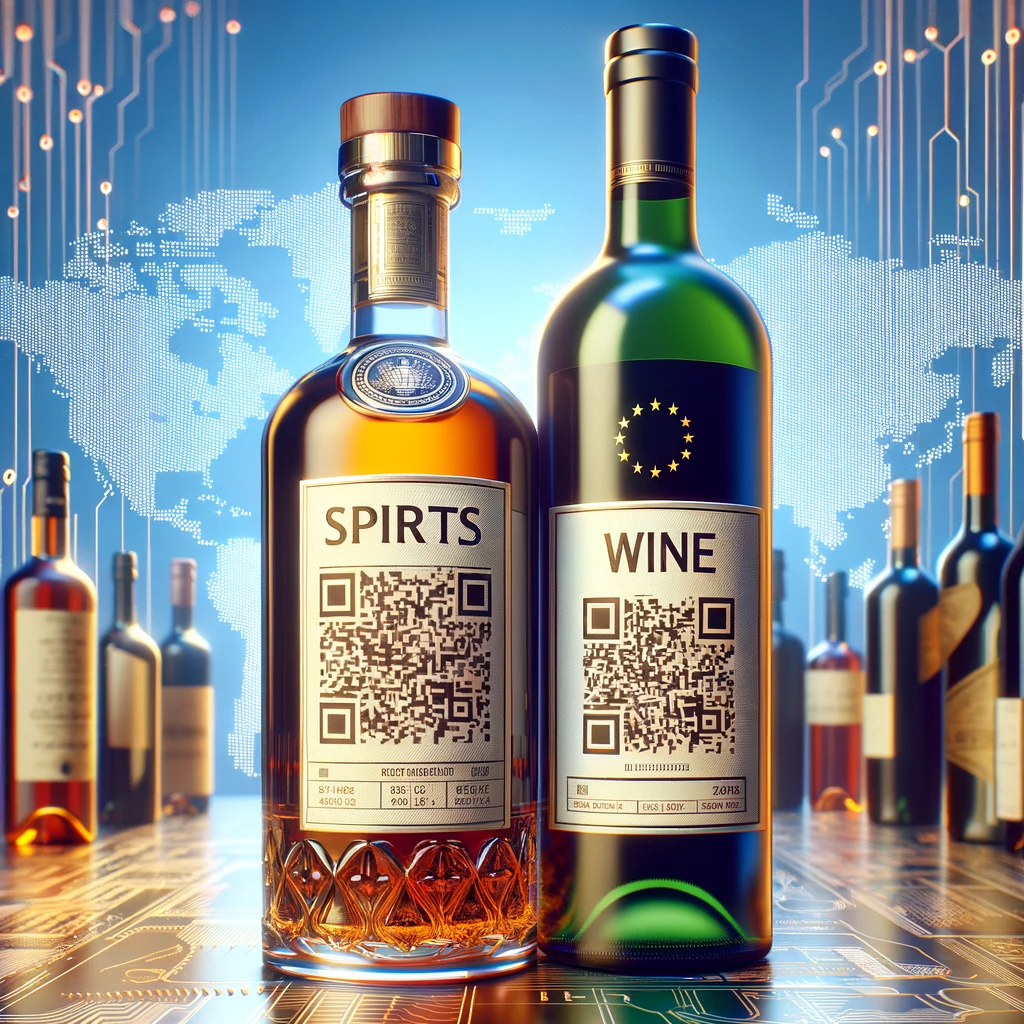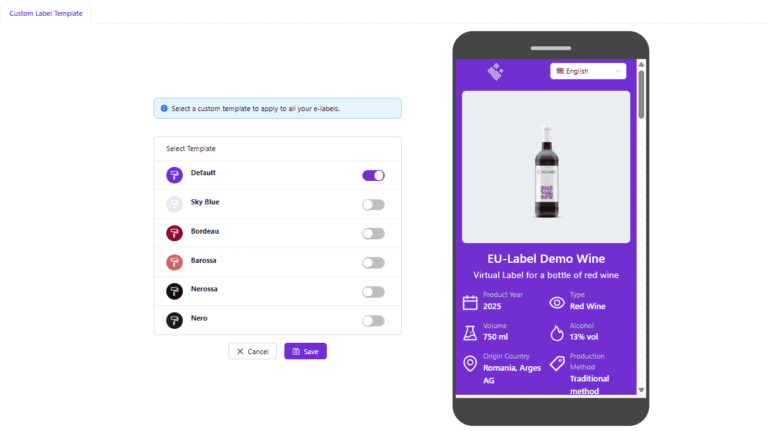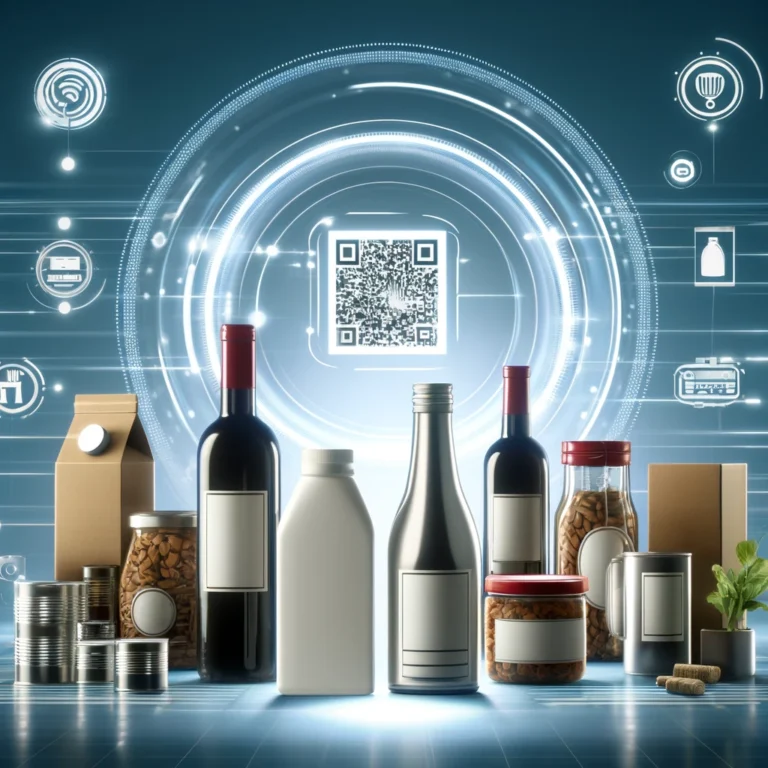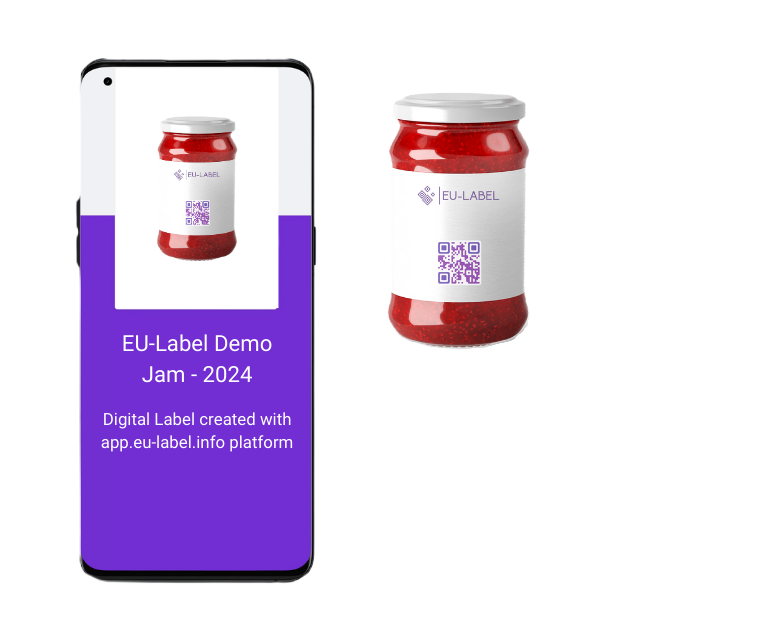25 Mar

Are Spirits Required to Follow the New Wine EU Regulation Related to Digital Labeling?
The European Union’s recent update on wine labeling regulations, emphasizing the necessity of digital labels, has stirred discussions across various sectors of the alcoholic beverage industry. One pressing question emerges among producers and consumers alike: Are spirits required to follow these new digital labeling regulations that have been explicitly designed for wine? This comprehensive article aims to shed light on this query, exploring the implications of EU legislation for spirits and how it intersects with digital innovation in labeling practices.Understanding the New EU Wine Labeling Regulations
The EU’s legislation on wine labeling marks a significant step towards enhancing product transparency and consumer access to information. Under this new regulation, wine producers are mandated to include digital labels, such as QR codes, on their packaging. These digital markers lead consumers to a webpage detailing the wine’s nutritional information, ingredients, allergen warnings, recycling guidelines, and more. The aim is clear: to provide consumers with a fuller understanding of the products they consume, aligning with broader EU goals of sustainability and informed consumer choice.The Regulatory Landscape for Spirits
While the spotlight is currently on wine, it begs the question: Do these regulations extend to spirits? As of now, spirits are governed by a separate set of EU regulations that do not mandate the inclusion of digital labels. However, this does not mean the spirits industry is immune to the digital transformation sweeping across the beverage sector. Spirits brands, recognizing the consumer demand for transparency and the efficiency digital labels offer, are beginning to voluntarily adopt similar practices. Although not legally required, this proactive approach aligns with a broader industry trend towards greater product transparency and leveraging technology to enhance consumer engagement.The Benefits of Adopting Digital Labels in the Spirits Industry
- Enhanced Consumer Engagement: Digital labels offer spirits brands a dynamic platform to tell their story, from the distillation process to the heritage of their brand. This deepens the consumer’s connection to the product, driving engagement and loyalty.
- Operational Efficiency: Digital labels allow for real-time updates to product information, which is particularly beneficial for spirits producers who may frequently tweak their recipes or wish to highlight limited-edition releases.
- Market Differentiation: In a competitive market, spirits brands can use digital labels as a tool for differentiation, showcasing their commitment to innovation and consumer transparency.
- Regulatory Readiness: Although not currently mandated, adopting digital labels can position spirits brands ahead of the curve should similar regulations be extended to encompass all alcoholic beverages in the future.
The Future of Digital Labeling in the Spirits Sector
The trend towards digitalization in labeling practices is gaining momentum. With advances in technology, such as augmented reality (AR) and blockchain for authenticity verification, the potential for digital labels extends far beyond regulatory compliance. For spirits brands, this represents an opportunity to redefine consumer interaction, offering an immersive experience that begins with a simple scan of a QR Code.Conclusion
While spirits are not currently required to follow the new wine labeling regulations in the EU, there is a clear movement within the industry towards adopting digital labels. This shift is driven by the recognition of digital labels’ potential to enhance consumer engagement, improve operational efficiency, and provide a platform for storytelling and transparency. As the regulatory landscape continues to evolve, spirits brands that embrace digital labeling not only future-proof their operations but also position themselves as leaders in consumer engagement and innovation. In summary, the adoption of digital labels in the spirits industry, though not mandated by EU legislation, reflects a proactive approach to meeting consumer demands and preparing for potential future regulatory requirements. As this trend continues, it’s evident that the future of spirits labeling is digital, heralding a new era of engagement and transparency in the alcoholic beverage industry.- Try EU-Label for free : https://app.eu-label.info/
- 3 Free E-Labels
- No credit card, no commitment required
- Contact Us for custom pricing
Recent Posts
Take Control of Your Digital Labels with Our New Customization Features As we mentioned in our...
EU-Label’s Roadmap for 2025: Promoting Innovation in Marketing and Compliance In 2025...
New Feature Announcement: Digital Labels and QR Codes for Packaged Foods! We’re thrilled to announce...


